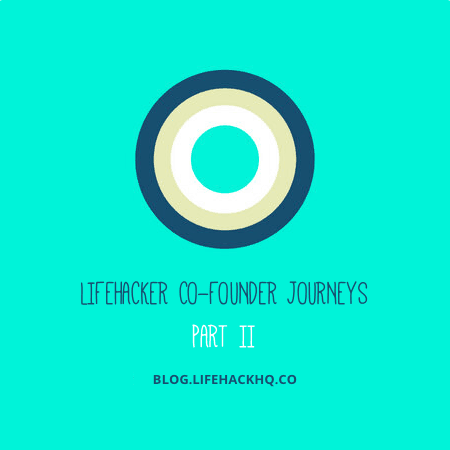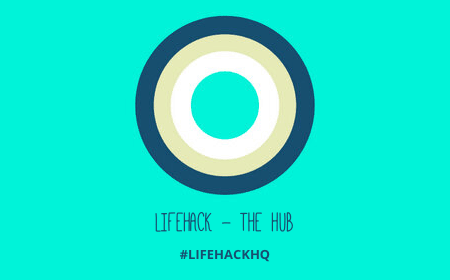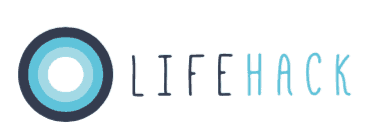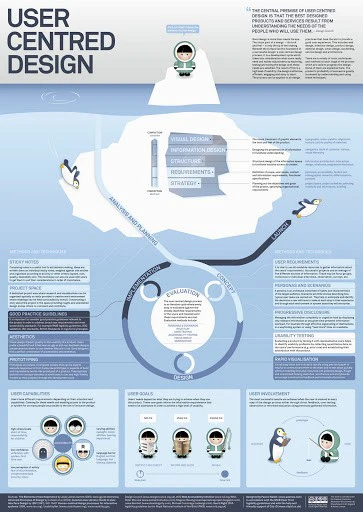Part II – The Lifehacker Co-Founder Journey

This blog follows hot on the heels of The Lifehacker Co-Founder Journey – Part I in which we caught up with Footsteps from Dunedin and talked about the importance of support and up-skilling to turn ideas into actual working tech tools.
For this blog, we caught up with Otago Entrepreneurship student, Emily Sutton, who was part of UpSide – one of the ‘top teams’ selected from the Dunedin weekend. The UpSide team aren’t currently taking their project into LIFEHACK Labs, so we thought we’d catch up with Emily about the evolution of the idea after the weekend.
“The trend of social enterprise is rising in New Zealand and globally. I love this, because change comes from joining individuals up into groups which mobilise around a purpose. Instead of only relying on political solutions, using a business approach makes this change efficient and slick. LIFEHACK HQ is great at bringing people together to work on ideas, and seeing the government backing social enterprise is awesome.
Personally, I’ve been wondering about the difference in the power of my impact, if I back one big idea or help lots of little ones. As an ideas person, I find myself asking – What’s the point of starting more small ideas? Well, if we start lots of little ones – it’s more like ecology where natural selection takes place. Often we ask “What’s a cool idea” but more and more people are asking “is this technology bringing us closer together, should it exist?”.
Entrepreneurship is a form of decentralising ideas, creating new worlds, new ways of doing things. I’m feeling more and more like entrepreneurship is the best ever grassroots movement for change.
As for UpSide, we made an entire website, and it wouldn’t take much more to populate this website with videos (part of the idea of our project). It’s useful to be empowered to do this stuff – but winning the competition should have driven us to execute on the idea. Instead, lots of people won around the country – this diluted team support a little bit and it reduced the pressure on our team to perform. Instead of individual responsibility, we lost momentum.
In the future I’m excited about Lifehack HQ maybe having several stages – structured milestones and an assigned mentor for each team. I’m excited to make it clear what the package of support is – and every team get supported in some way. Maybe “winning” is just about getting more support than the others – maybe more advertisement? There’s always more to be done, we were pretty driven. The event itself was very friendly compared to others – I am keen to see how high school students could be involved in the future, as it was a warm atmosphere.
My personal thoughts about how the weekend went, well – I thought the Hunter Center was amazing. People emerged from the woodwork and it was incredible. Working with old friends, new friends and strangers; we worked together across different backgrounds and yet there was always a level at which we could connect. I remember the moment we all realised we did science-based subjects and how that brought us together.
I think anyone, no matter what their background or context, should consider going to a LIFEHACK HQ event. It’s a learning curve of how to be a better person and pushes you to grow into someone who can create the future. It’s empowering and freeing.”
Entrepreneurship isn’t necessarily easy – we were delighted to talk to two of the teams from Dunedin who chose another route of taking their idea forward, or taking the skills they’d developed and using them on another project.

As a result, we’re ramping up our focus on creating and sharing useful resources online through the summer – we’d love you to leave us a comment to tell us what you’d like to read, or skills you’d like to develop.
For example, we’ll be talking more about User Centred Design in the coming weeks to help you better define problems and create solutions.
“The premise of user centred design is that the best products & services result from understanding the needs of the people who will use them (via The Design Council).“
Here’s a great infographic to get you thinking in the meantime:
Drop us a comment to let us know what you’re thinking, or get in touch through Facebook, Twitter, Google+ to let us know what you’d like to hear more about.


